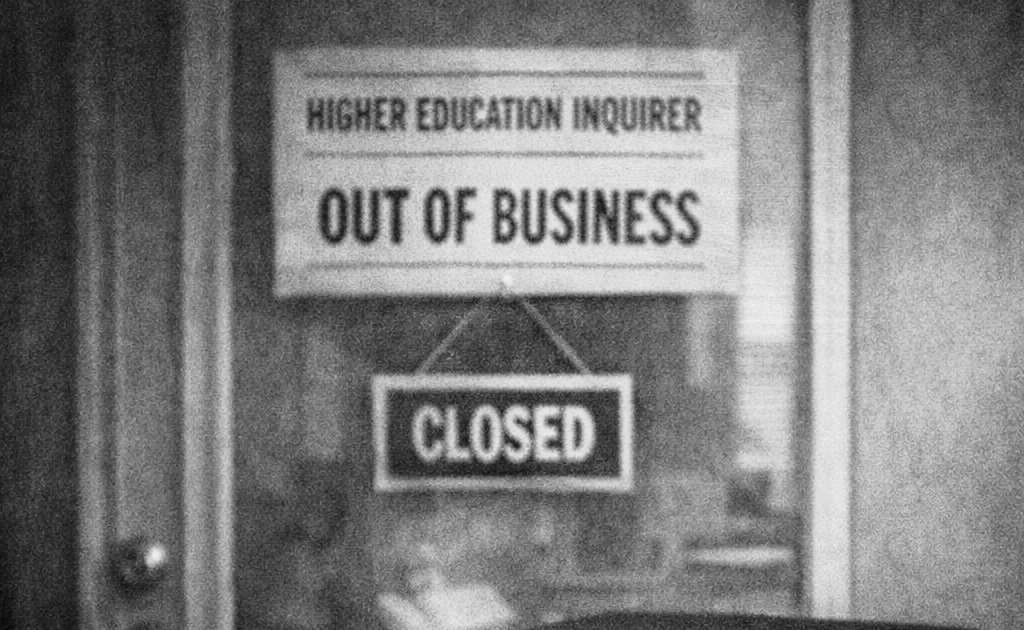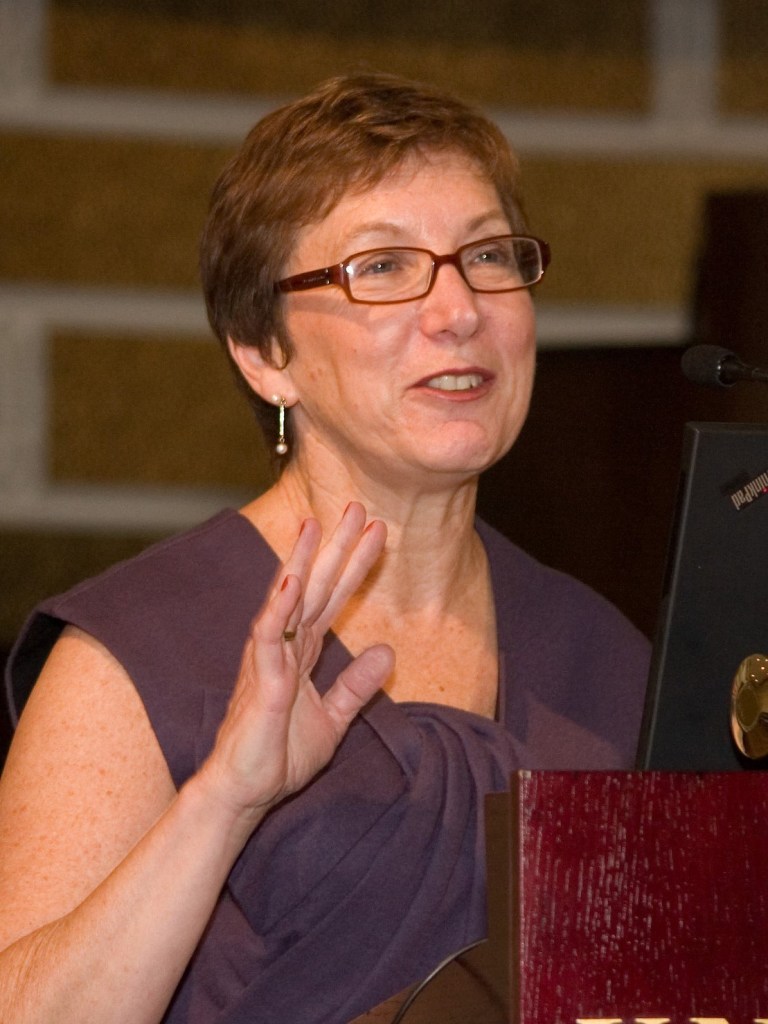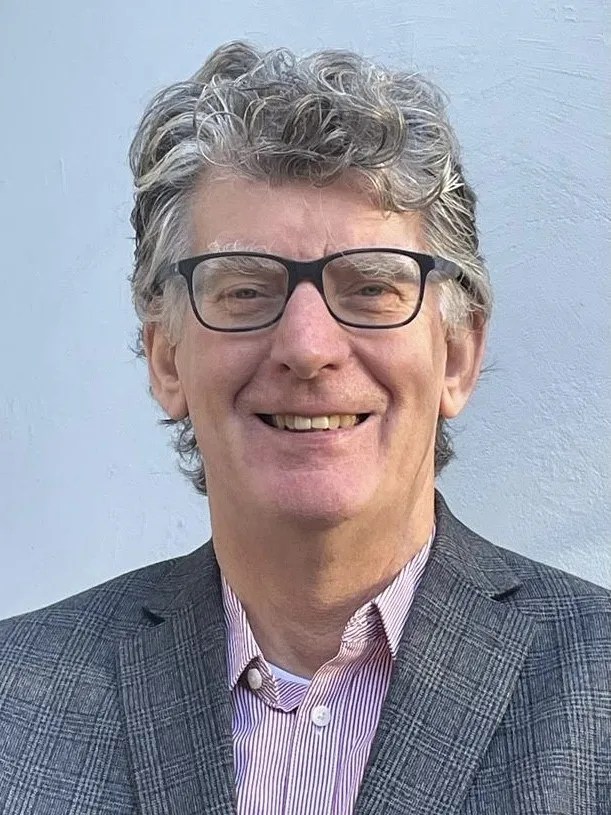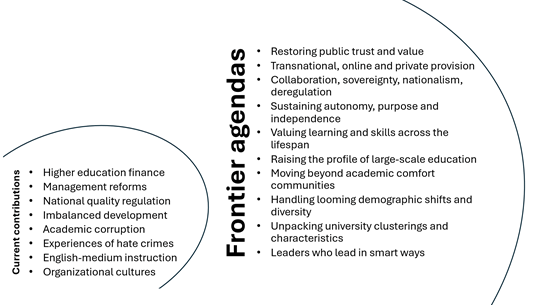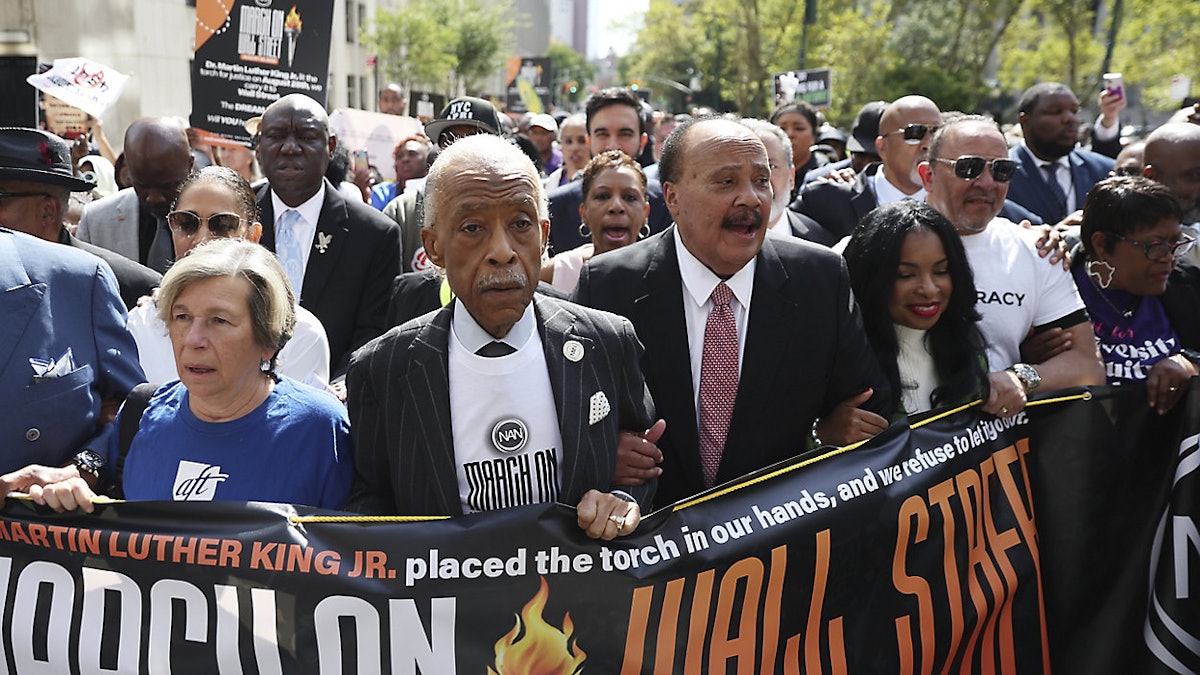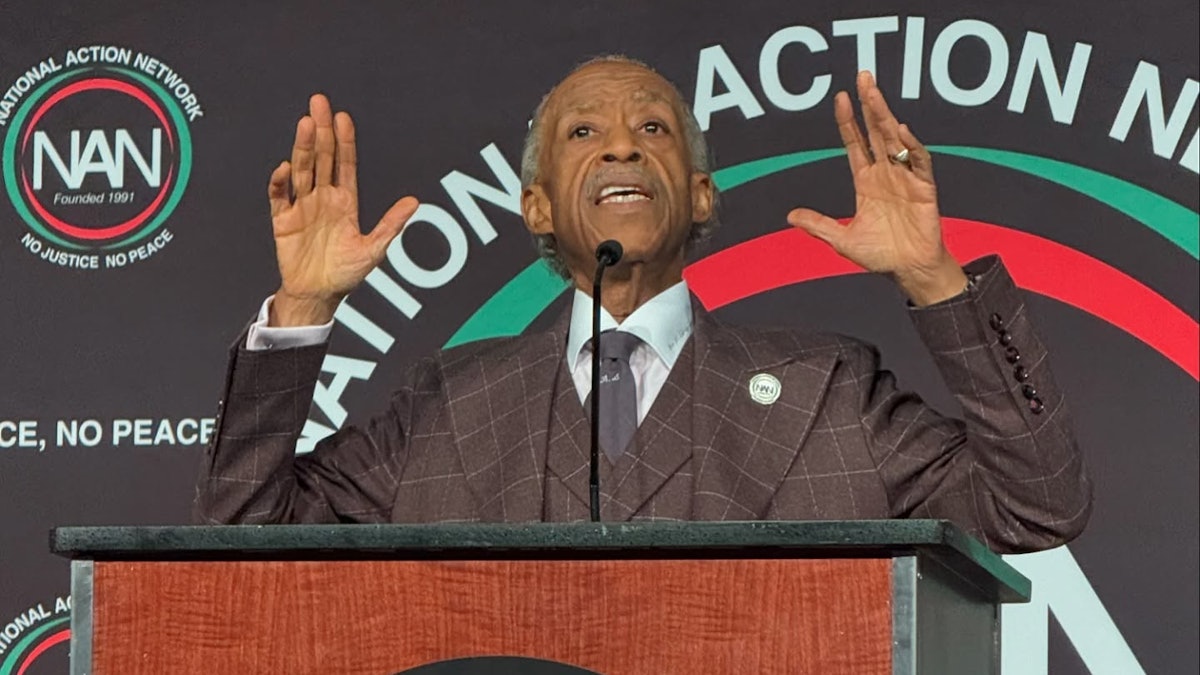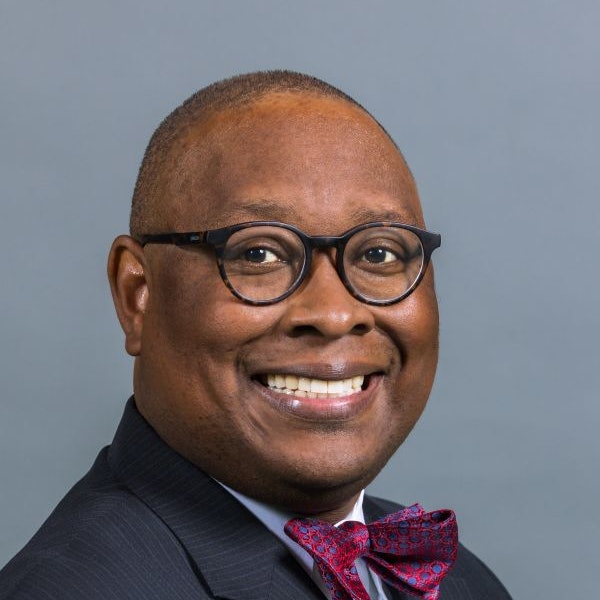Student loan debt has been a defining economic and political issue in the United States for over a decade. As of 2025, Americans owe nearly $1.8 trillion in student loans, with roughly 42–45 million borrowers carrying federal debt and average balances exceeding $39,000 per borrower. Delinquency rates have surged since repayment reporting resumed, with more than one in five borrowers behind on payments, and millions at risk of default. These financial pressures are now rippling through credit markets and household budgets, especially for younger, middle-aged, and lower-income borrowers. While student debt already garners public attention, shifting demographic trends and mounting economic pressures promise to reshape its political weight in the coming years unless comprehensive changes are enacted.
The largest cohort of student borrowers today consists of Millennials and older members of Generation Z, many aged between 25 and 45. These are prime years for political engagement, as individuals are more likely to vote, form households, buy homes, and shape community priorities. In 2028, this group will be even more politically active, navigating careers, families, and fiscal pressures that student debt directly influences. As borrowers age into life stages where financial stability becomes paramount, their appetite for political solutions — including forgiveness, refinancing, and more manageable repayment structures — is likely to intensify.
Student loan debt also affects communities differently. Black and Latinx borrowers are disproportionately burdened, with Black borrowers often owing more and struggling with repayment longer due to structural inequities in income and wealth. These disparities will continue to grow unless systemic reforms address not just debt levels but the economic systems that compound them over time. Communities of color are projected to constitute a larger share of the eligible electorate by 2030, and when a disproportionate share of voters in a given demographic faces an issue like unsustainable debt, it naturally becomes central to their political priorities and shapes the platforms of candidates seeking their support.
Older Americans are impacted by student loan dynamics not necessarily as borrowers themselves, but as co-signers, parents, or caregivers helping children or grandchildren manage debt. With the U.S. population aging, the 65+ age group is expected to grow as a portion of the electorate, and those over 80 will increasingly drive Medicaid and healthcare costs, adding strain to federal and state budgets. Older voters tend to vote at higher rates than younger voters, and as more families find multigenerational debt obligations weighing on retirement savings, caregiving responsibilities, and healthcare needs, the political urgency around student loan reform may expand beyond traditional “student” demographics and into older voters’ policy concerns.
Geographic and economic shifts also shape the political significance of student debt. States with high education costs, and correspondingly high average debt loads, may see student loan issues become central to local and statewide elections. Migration patterns bringing younger, more diverse populations to new regions — including parts of the South and Midwest — will likely influence electoral alignments and policy debates in competitive districts. Meanwhile, national concerns such as the growing federal debt, ongoing military engagements abroad, and rising costs associated with healthcare for an aging population amplify the stakes, creating competing pressures on policymakers who must balance debt relief against broader fiscal challenges.
Economic inequality further complicates the picture. The concentration of wealth among the richest Americans continues to grow, giving this group greater political influence and shaping policy priorities in ways that often conflict with the needs of student borrowers and middle-class families. As wealth and power accumulate at the top, voters carrying student debt may increasingly perceive systemic unfairness, heightening the political salience of debt relief and broader structural reforms. The interaction of these factors — persistent debt, rising national obligations, ongoing conflict, and economic inequality — suggests that student loans will remain intertwined with larger national debates over fiscal responsibility, social safety nets, and the distribution of economic power.
Student loan debt has already become a wedge issue in national politics, especially within Democratic primaries. The demographic shifts of the late 2020s, rising diversity, coupled economic pressures, and growing awareness of wealth inequality could make it a central concern for a broader slice of the electorate. Policymakers who ignore student debt risk alienating key voter blocs: younger voters whose turnout matters in swing states, communities of color with growing electoral influence, and middle-class families navigating financial strain alongside broader economic and geopolitical uncertainties.
The economic impact of outstanding student loan debt, from delayed homeownership to depressed small business formation, carries demographic implications that feed back into the political sphere. If current trends continue, the cost of inaction will not just be political but economic, affecting national growth rates, tax revenue, social programs, and inequality metrics that in turn shape voter sentiment and policy priorities.
Student Debt and the Shifting Political Landscape
By 2028 and into the 2030s, demographic change is poised to elevate student loan debt from a pressing public concern to a core political battleground unless policymakers act proactively. With more borrowers entering key voting blocs, disproportionate impacts across racial and economic lines, and economic consequences rippling through communities of all ages, student loan debt is more than a financial issue: it is a demographic reality shaping the future of American politics.
Sadly, the Higher Education Inquirer will not be around to cover these developments as they unfold. HEI has made predictions about student debt and its political consequences in the past, and while nothing is set in stone, the combination of rising demographics, persistent economic inequality, the mounting national debt, ongoing war-related obligations, and pressures from an aging population does not paint a promising picture. Without major policy reforms — such as targeted debt relief, changes to repayment systems, or broader higher education financing reforms — the political salience of student debt is likely to intensify, influencing campaigns, elections, and national discourse for years to come.
Sources
Education Data Initiative, “Student Loan Debt Statistics 2025,” educationdata.org
TransUnion, “May 2025 Student Loan Update,” newsroom.transunion.com
Forbes, “Student Loans for 64 Million Borrowers Are Heading Toward a Dangerous Cliff,” forbes.com
College Board, “Trends in College Pricing and Student Aid 2025,” research.collegeboard.org
LendingTree, “Student Loan Debt Statistics by State,” lendingtree.com
NerdWallet, “Student Loan Debt Statistics 2025,” nerdwallet.com

